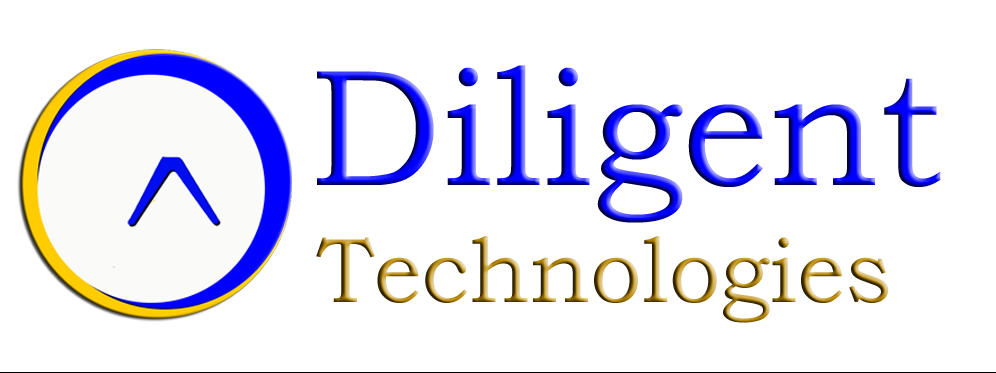Introduction
In today’s digital landscape, social media has become an integral part of people’s lives. It offers immense opportunities for businesses to engage with their target audience and drive brand awareness. Integrating social media into your web development strategy is crucial for better engagement and maximizing the impact of your online presence. This discussion aims to provide insights into the benefits of integrating social media and strategies to leverage its power effectively.
Benefits of Integrating Social Media in Web Development
1. Increased Reach and Brand Awareness
Integrating social media into your website allows you to tap into a wider audience base by leveraging the vast user networks on platforms such as Facebook, Twitter, Instagram, LinkedIn, etc. By incorporating social sharing buttons or widgets throughout your website, visitors can easily share your content with their followers—ultimately increasing reach and driving brand awareness organically.
2.Improved User Engagement
Social media integration enhances user engagement by providing seamless ways for visitors to connect with your business beyond just browsing the website. Including live feeds or embedded posts from your social media profiles encourages users to interact directly on multiple channels—commenting, liking/sharing posts; following accounts; participating in discussions/contests – fostering deeper connections between users and brands.
3.Driving Traffic & Conversions
Integrating social media plugins/widgets that display real-time updates about recent shares/comments/tweets related to specific products/services/pages can create a sense of urgency/social proof—prompting visitors towards desired actions (e.g., making purchases/subscribing/signing up). Additionally, strategically placing Call-to-Action buttons linking back to relevant landing pages within shared content increases referral traffic while facilitating conversion opportunities.
4.Social Proof & Customer Trust
Displaying testimonials/reviews from satisfied customers via integrated “social logins” or aggregating positive mentions/testimonials from social media platforms on your website adds credibility, fostering trust among potential customers. Social proof enhances the perception of your brand’s reliability and quality—contributing to increased conversion rates and customer loyalty.
5.SEO Benefits
Social signals play a role in search engine optimization (SEO). Integrating social media into your web development strategy can indirectly impact organic rankings by increasing user engagement metrics such as time spent on site, page views per session; reducing bounce rates; generating backlinks when shared content gets referenced/linked by other websites – all contributing factors for improved SEO performance.
Strategies for Effective Social Media Integration
1. Place Social Sharing Buttons Strategically
Strategically position social sharing buttons/widgets alongside relevant content or product pages to encourage visitors to share with their networks easily. Optimize button design/placement for maximum visibility without overwhelming the overall layout.
2.Embed Live Feeds & Social Media Widgets
Embed live feeds or widgets showcasing real-time updates from your social media profiles directly onto specific website sections/pages—displaying recent posts/tweets/comments/photos/videos—encouraging users to engage further while staying updated with the latest news/announcements related to your brand.
3.Utilize “Social Logins”
Implement “social login” functionality that allows users to sign up/log in using their existing social media accounts (e.g., Facebook, Google)—reducing registration friction and simplifying account creation processes while capturing valuable user data for personalized marketing efforts.
4.Display Testimonials & Reviews
Integrate testimonials/reviews gathered from social media platforms onto relevant pages—a dedicated testimonials section or alongside specific products/services. This showcases positive feedback from satisfied customers, reinforcing trustworthiness and influencing purchase decisions positively.
5.Integrate Share-Worthy Content
Create compelling and share-worthy blog articles, videos, infographics, or interactive experiences that are highly likely to be shared across different social media platforms. Optimize content for social sharing with visually appealing images, catchy headlines, and easily digestible formats—increasing the likelihood of virality.
6.Consistent Branding Across Channels
Maintain consistent branding across your website and social media profiles to ensure a seamless user experience. Use similar visual elements (logos, color schemes) and messaging tone to reinforce brand recognition while providing a cohesive brand experience.
Conclusion
Integrating social media into your web development strategy is essential for businesses looking to enhance engagement, expand reach, and drive conversions. By leveraging the power of social media marketing through strategic placement of sharing buttons/widgets; embedding live feeds/social media widgets; utilizing “social logins”; displaying testimonials/reviews; creating share-worthy content; maintaining consistent branding—businesses can harness the full potential of their online presence.
Professional web development companies like Diligent Technologies understand the significance of incorporating social media seamlessly into websites. With their expertise in creating engaging interfaces that integrate various digital channels effectively, they enable businesses to optimize their web development strategies for better engagement on multiple fronts—ultimately driving growth in today’s interconnected digital landscape.
Investing in professional support from experienced E-commerce website developers in Kenya such as Diligent Technologies ensures access to industry-leading expertise necessary for successful integration of social media into your web development strategy—resulting in increased customer engagement, improved brand visibility, enhanced trustworthiness leading towards sustainable business success.


